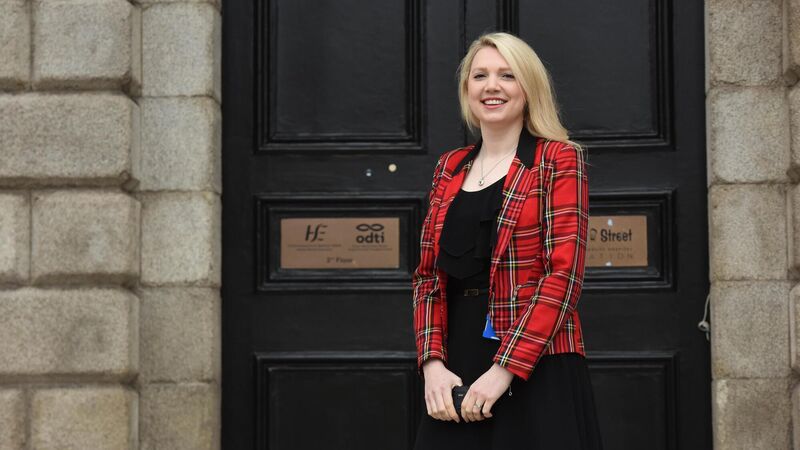Working Life: I receive a call regarding a potential organ donor

Breeda Conlon, Donor Coordinator with Organ Donation Transplant Ireland (ODTI) outside their headquarters in Dublin. Photograph Moya Nolan
6am
Shower, breakfast, feed the cat, say goodbye to husband before leaving for the commute from Kildare to Dublin where the ODTI (Organ Donation and Transplant Ireland) office is based.








